Acne is probably the most common skin condition that people around the globe suffer from. Most teenagers suffer from acne because, during adolescence, hormones go haywire and causes a series of chemical and bodily changes that is normal in a teenager’s life.
It is infuriating to have acne and it is a fact that most acne sufferers get conscious with how they look and result to having a low self-esteem.
In most cases, acne subsides after a series of treatment however, it is also common to hear adults go through the same challenges. It is especially frustrating to think that you are done going through a pimply past yet, here you are again, back at square one, and deal with the dilemma all over again.
When will it stop?
If you have had acne as a teenager, chances are you will develop adult-onset acne as well. It may develop anytime between your 20’s to as late as your 50’s.
The thing about acne is that there is no single effective treatment for it.
Acne is caused by multiple factors and its treatment depends on what causes it. One person may have acne because of hormonal imbalance, another might have acne because of bacterial infection, some may have acne because of genetics or that they have oily skin.
Acne has different types too. For a detailed discussion about acne types and remedies, read this blog post. Different types of acne require different types of treatment as well.
Acne medication can range from using a facial wash with salicylic acid or benzoyl peroxide, hormonal therapy, blue light therapy treatment, topical or oral antibiotics, having chemical peels, or taking Accutane, as the last resort.
Those who suffer from adult-onset acne should be more meticulous with what they are doing, eating, or using that may result in their breakouts. Chances are, you’ve added something to your routine that is not agreeing with your skin.
Here are the most common culprits to acne breakouts:
Products that have pore-clogging and acne-causing ingredients
Some everyday products like makeups, lotions, and cleansers contain ingredients that block the pores such as lanolin, cocoa butter, coconut oil, and Sodium Lauryl Sulfate. These are just examples of comedogenic ingredients that exacerbate acne.
If you have acne-prone skin, it is better to stay away from these ingredients. Choose products that are labeled “non-comedogenic” instead.
It is recommended to use an everyday acne cleanser to keep blemishes at bay. However, because of the wide array of products available in the market, some people get overly enthusiastic with products they use.
Some people bombard their skin with harsh ingredients that results in more irritation. Be cautious in combining products and do your research. Some products may cause your skin to tingle or be sensitive to sunlight.
If unsure, always consult your doctor.
Milk and Dairy Products
Milk may be good for our teeth and bones but it is not as friendly to our skin. Hormones are injected to cows to keep producing milk. This results to consumers getting hormone imbalance.
Most acne sufferers who removed milk and dairy from their diet has experienced fewer breakouts and improvement in their skin condition. If you can't omit milk from your diet, it is best to switch to plant-based source like Almond milk.
Hormones
Hormonal imbalance may also play a role in acne breakouts. For any female-pattern adult acne, it is best to consult your doctor to check if they can recommend a hormonal contraceptive that may deal with acne flare ups. You may also be prescribed with oral antibiotics to best help with the breakouts.
P. acnes Bacteria
Bacteria might be partying in your skin. It is not enough that you wash your face daily. If you are keen on removing all the products that sit on your skin, you may also want to check out the makeup brushes you have been using.
When’s the last time you washed your makeup brushes? Yes, that is right. Brushes not only collect make-up products, it attracts dirt too.
Skipping on moisturizers
Most people who have oily skin think that they do not need moisturizers. Oily skin can get dehydrated too! Because of the absence of moisture, the skin is tricked to producing more sebum that causes clogged pores and acne. Use an oil-free moisturizer to help nourish the skin.
Adult-onset acne might be stressful but the good thing about it is that you have an idea how well you respond to certain acne medications and treatments. The best way to keep yourself breakout-free is to be wary of the products you use, exfoliate your skin two to three times a week and observe a meticulous skin care regimen.
What else do you need to know?
In addition to the common causes of adult acne mentioned, another significant factor that can trigger breakouts is stress. Stress can wreak havoc on your body in many ways, and your skin is no exception. When you're under pressure, your body produces more cortisol, a hormone that can lead to an increase in oil production. This excess oil can clog hair follicles, leading to the development of pimples and worsening existing acne. Managing stress through techniques such as meditation, exercise, or even just ensuring you get enough sleep can be a crucial part of any acne treatment plan.
If you're dealing with severe acne, it's essential to consult a dermatologist who can tailor a treatment plan specifically for you. Dermatologists have access to a range of medicines that aren't available over the counter, such as stronger topical treatments or oral antibiotics. For those suffering from conditions like polycystic ovary syndrome (PCOS), which is known to cause acne, a dermatologist might suggest hormonal treatments that target the underlying cause. In cases of severe acne, isotretinoin (commonly known by the brand name Accutane) might be recommended as a last resort. This powerful medicine works by reducing the size of the skin's oil glands, which decreases oil production and helps prevent clogged hair follicles.
Another factor to consider is the role of underlying skin conditions that may mimic or exacerbate acne. Rosacea, for example, is a condition often mistaken for acne because it also causes redness and pimples. However, the treatment for rosacea is different from traditional acne treatments, so it's crucial to get an accurate diagnosis. A dermatologist can determine whether you’re dealing with acne, rosacea, or both, and suggest appropriate treatments.
One often overlooked aspect of acne management is the health of your skin cells. Regular exfoliation helps remove dead skin cells that can clog pores, but over-exfoliating can irritate the skin and worsen acne. A balanced approach is key. Incorporating products with gentle exfoliating ingredients like salicylic acid can help keep your skin clear without causing additional irritation.
For those with conditions like polycystic ovary syndrome, managing acne requires a multifaceted approach. In addition to seeing a dermatologist, it may be necessary to work with an endocrinologist to address the hormonal imbalances that cause acne. In some cases, treatments such as birth control pills or anti-androgen medications can help regulate hormones and reduce the severity of acne.
In conclusion, treating adult acne requires a comprehensive approach that considers not just the symptoms, but also the underlying causes, whether they be hormonal imbalances, skin conditions, or lifestyle factors. By consulting with a dermatologist, using the right combination of treatments, and maintaining a healthy skincare routine, you can effectively manage and treat acne, helping you achieve clearer, healthier skin.

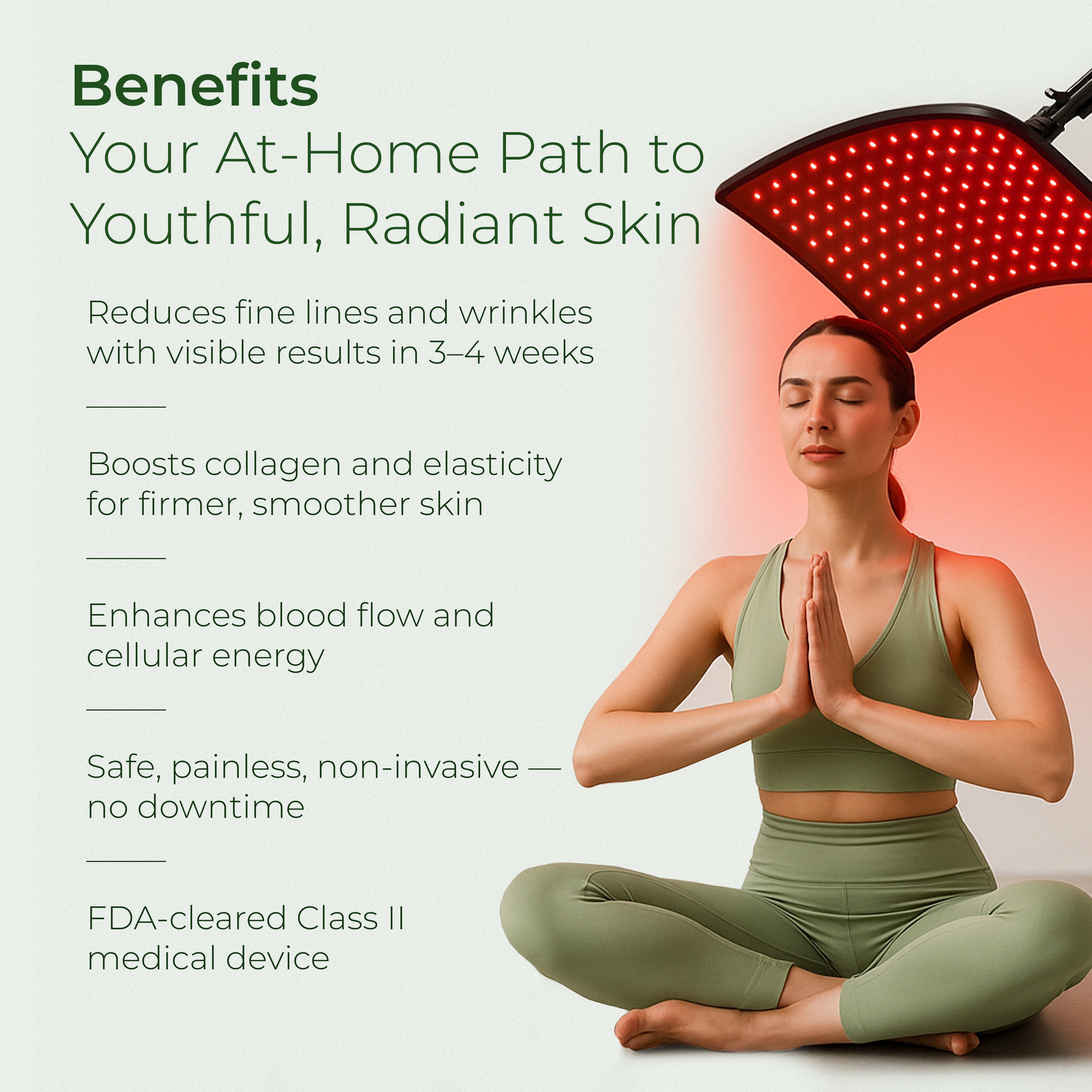
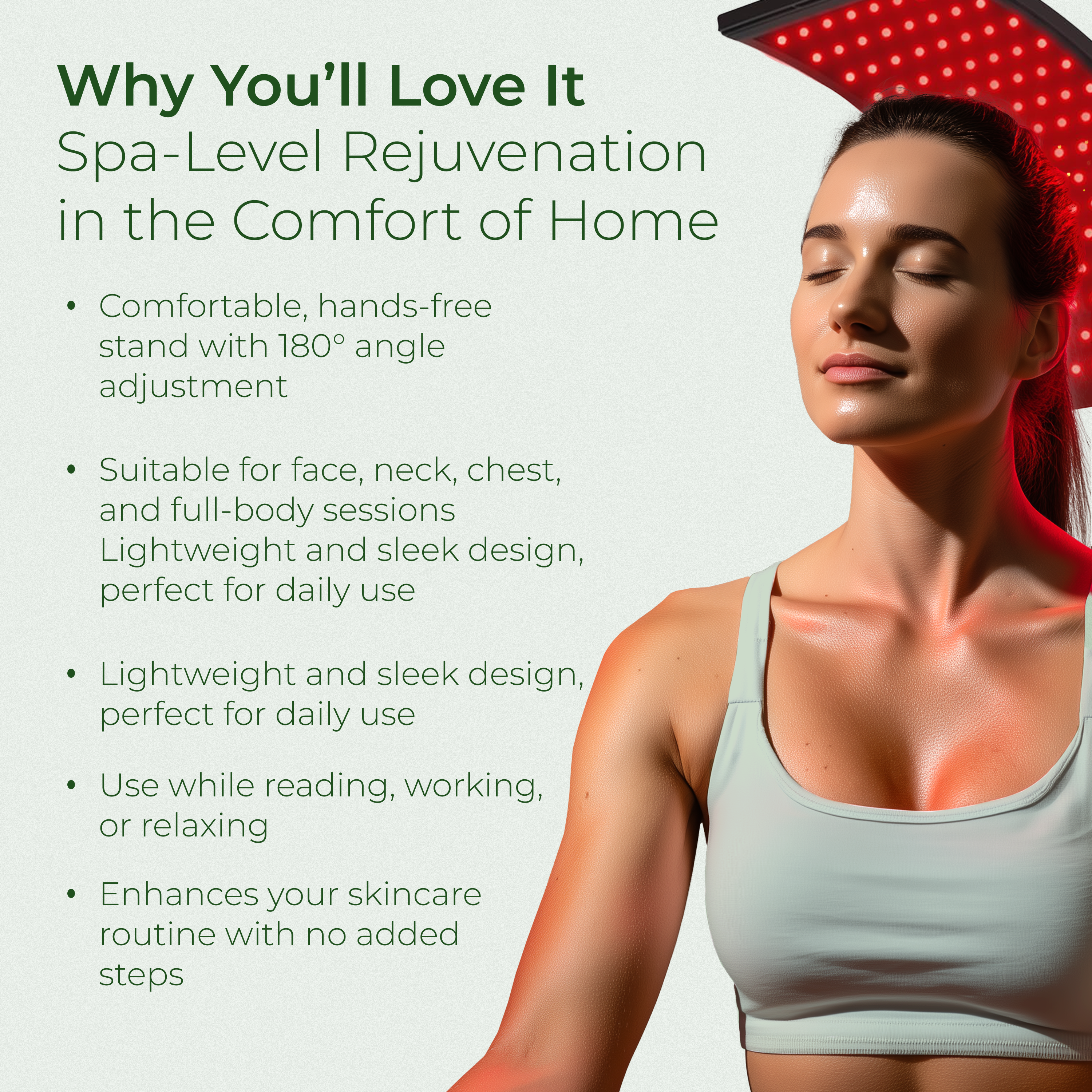
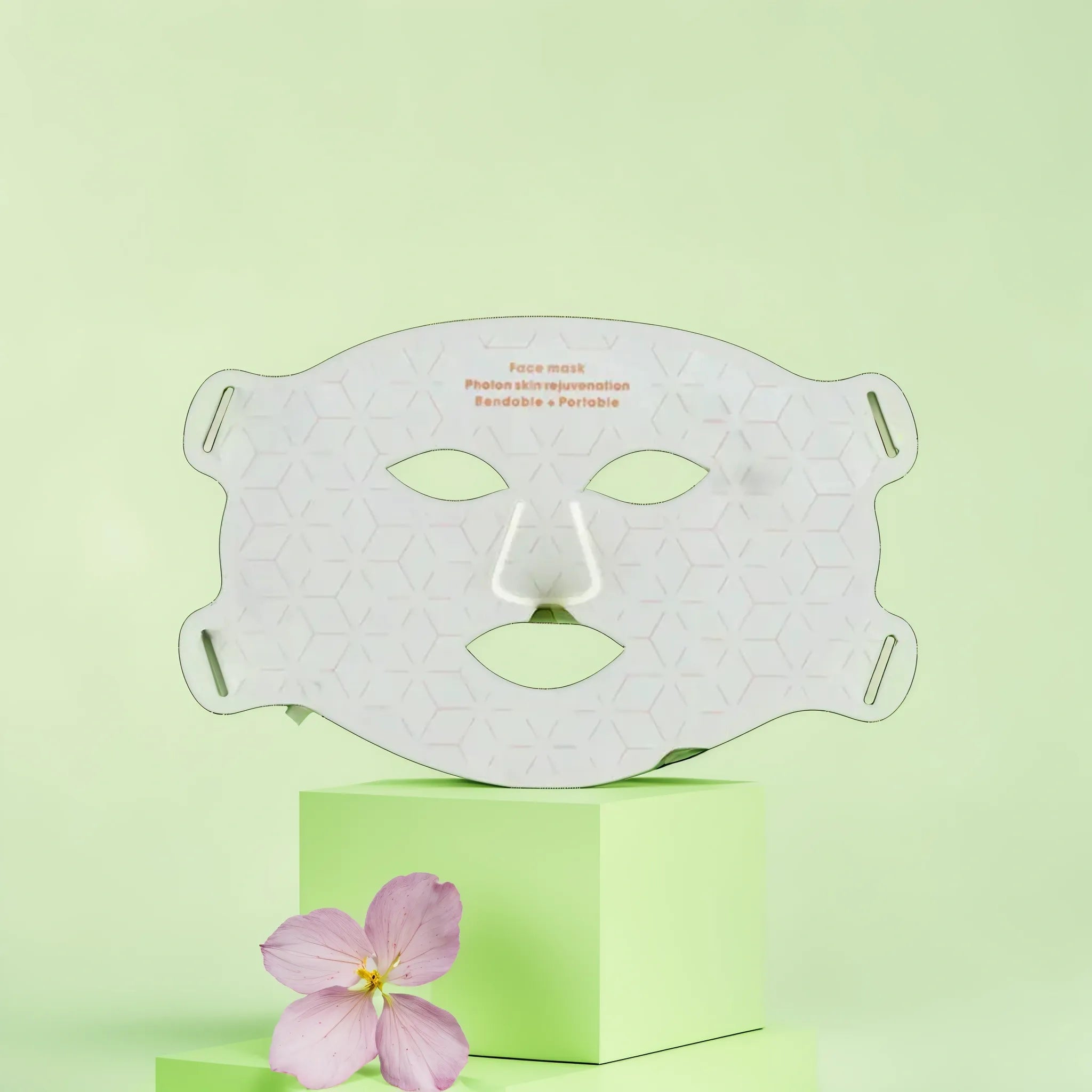
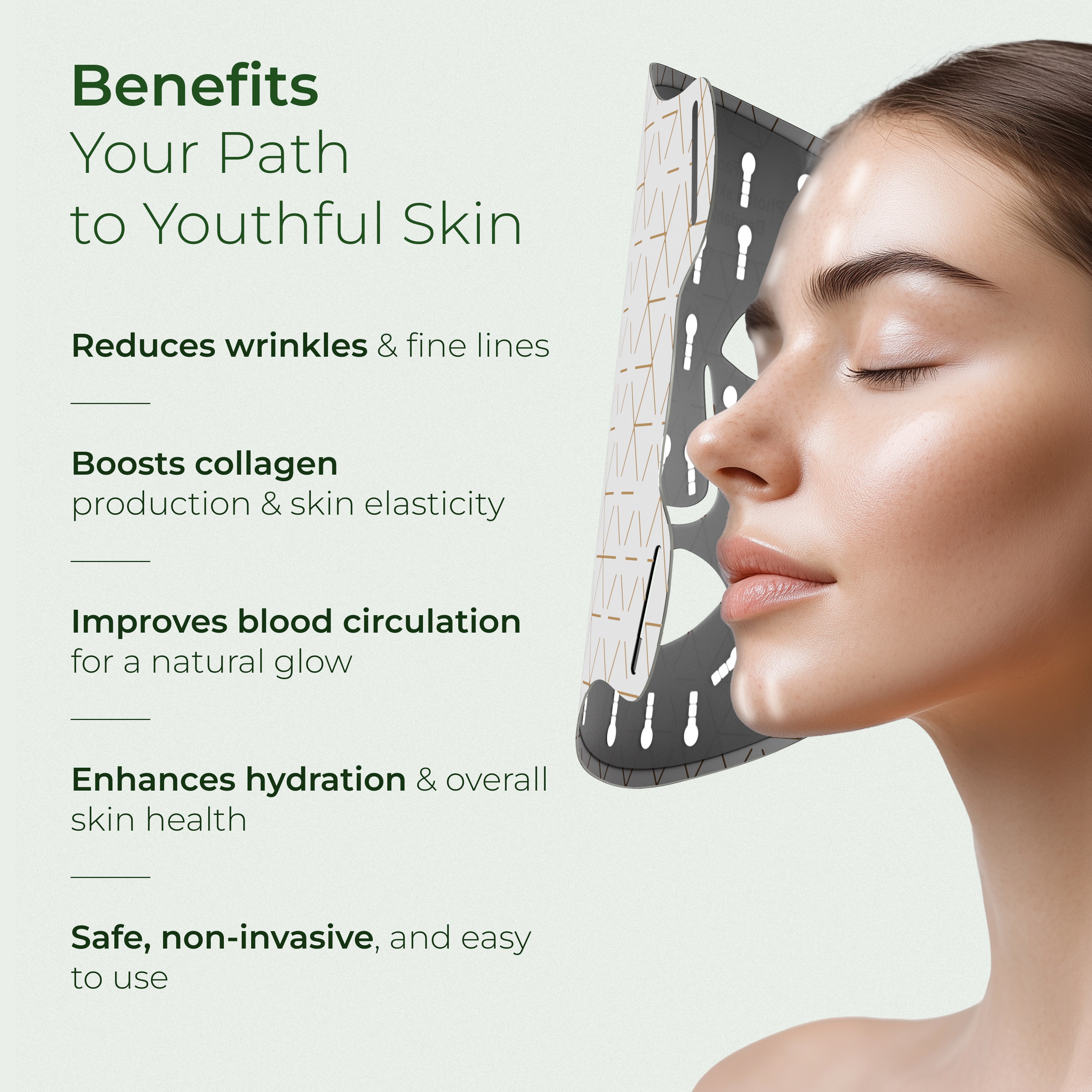


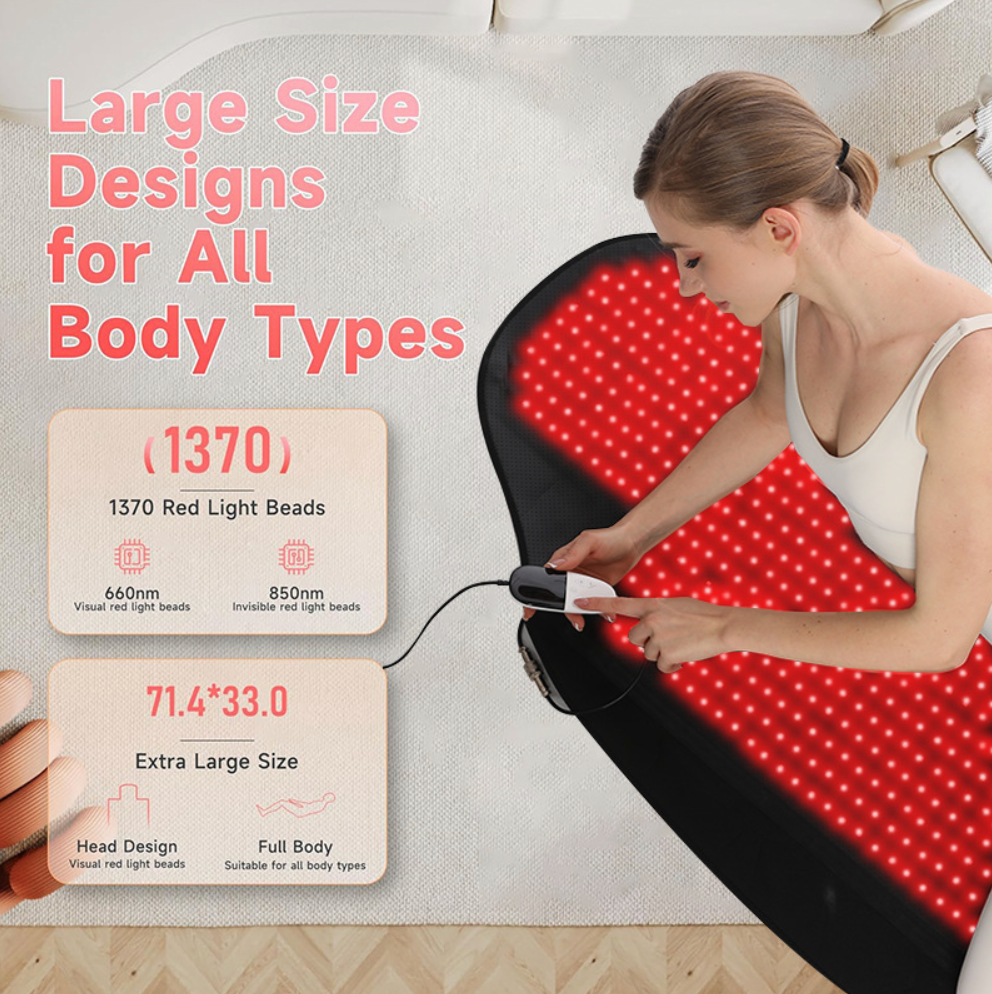
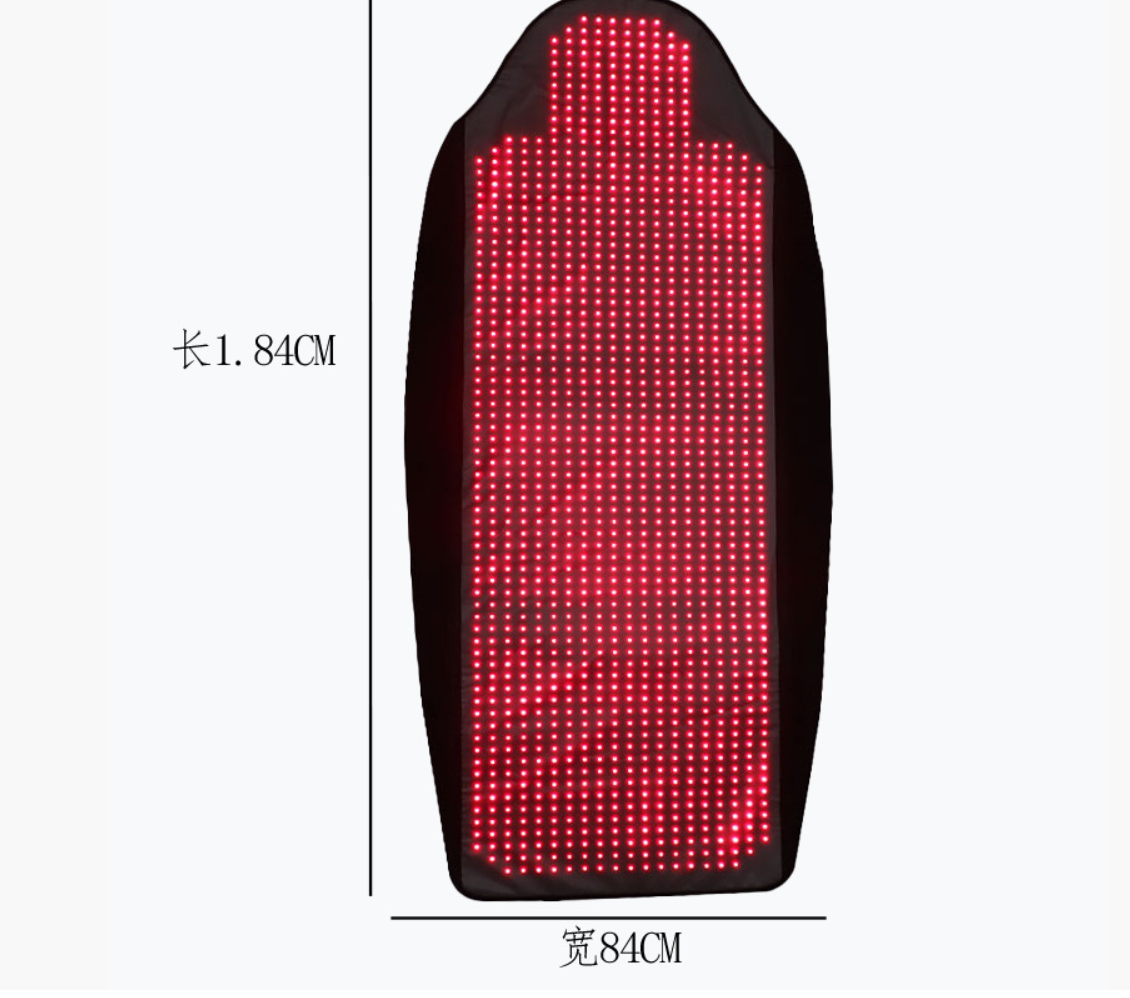
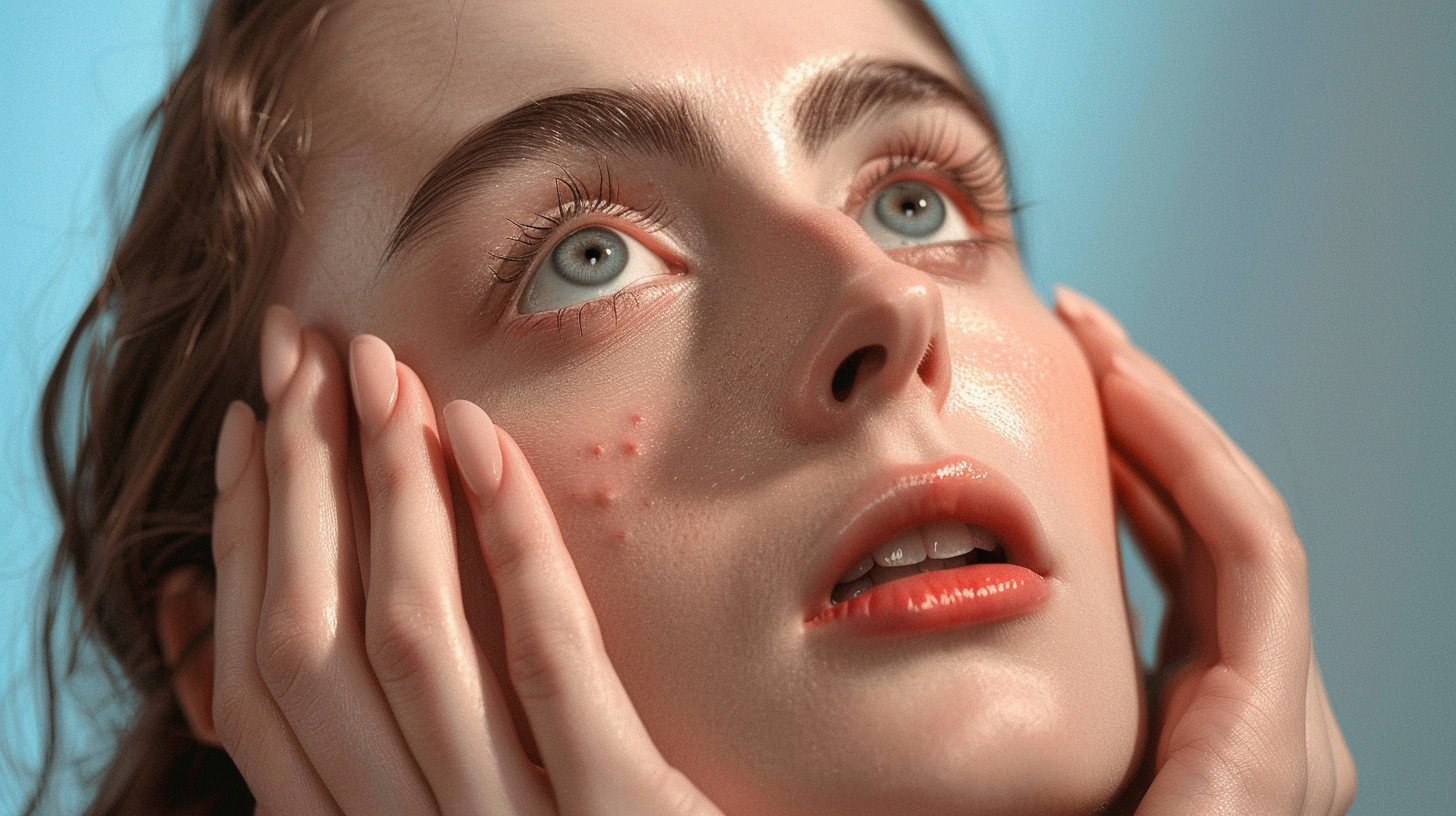
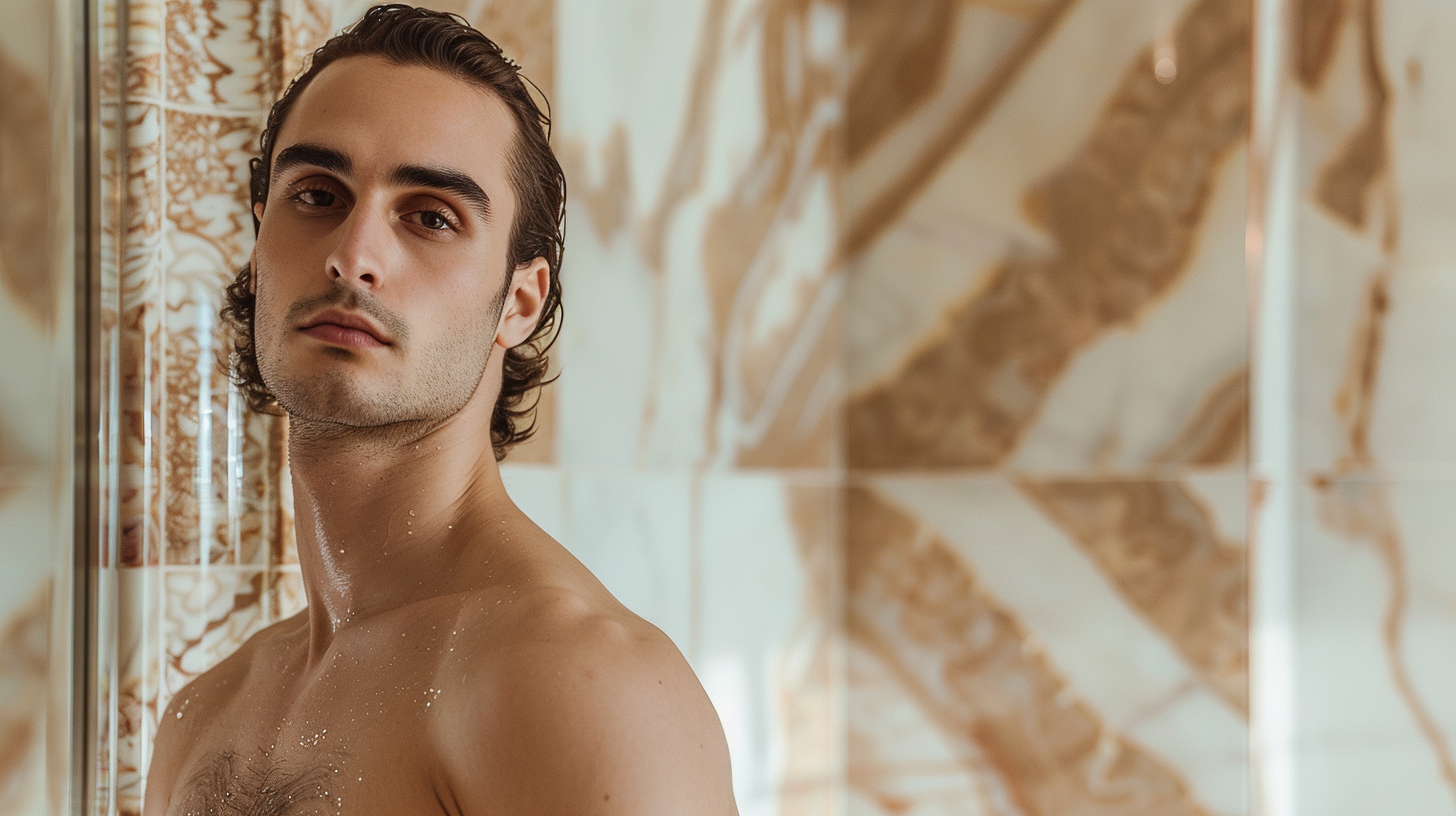
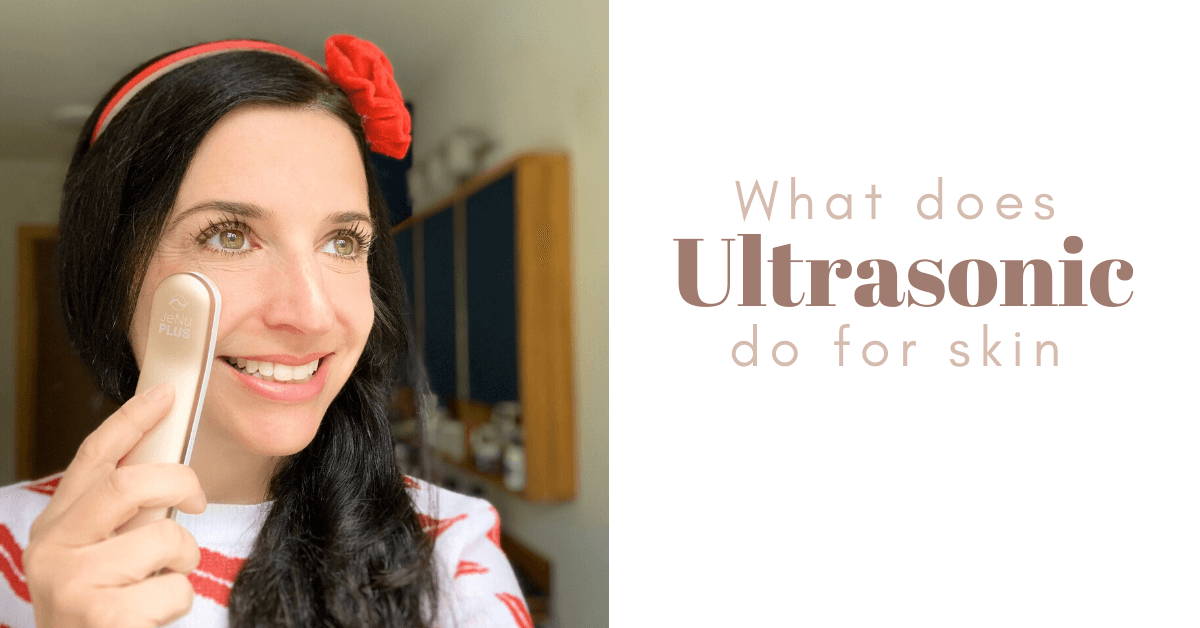
Deixe um comentário
Este site está protegido pela Política de privacidade da hCaptcha e da hCaptcha e aplicam-se os Termos de serviço das mesmas.